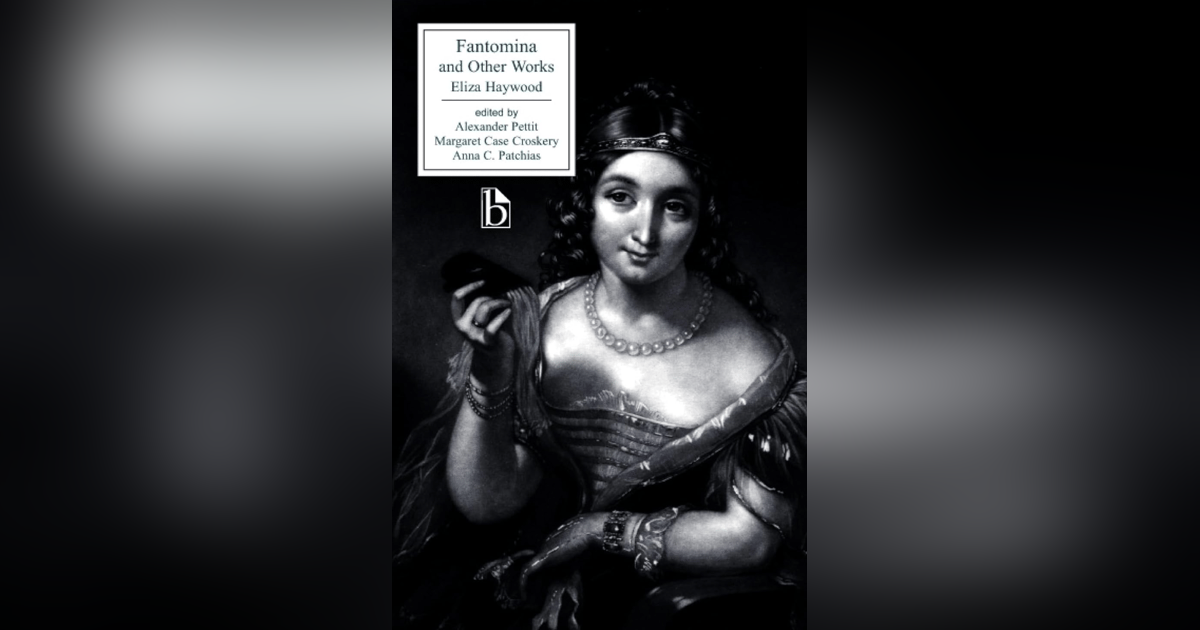359 Forgotten Women of Literature 6 - Eliza Haywood and Fantomina | PLUS Keats's Letter on Shakespeare and "Negative Capability"

During her stormy and mysterious life, Eliza Haywood (1693?-1756) was one of the most prolific writers in England. Her "amatory fictions" were unapologetically sensationalistic, earning her the opprobrium of her mostly male critics. But in spite of being described (some might say slandered) by Alexander Pope in his Dunciad, Haywood kept going - acting, writing, translating, publishing - and set many trends even as she bridged the divide from one era to another. Today, she stands as a remarkable figure, with novels like Fantomina demonstrating her willingness to explore themes of gender politics, sexual passion, and contemporary scandals long before it was common to do so.
PLUS Jacke takes a look at one of the most famous letters in literature, Keats's epiphanic description of Shakespeare's "negative capability," including the painting Keats had just gone to see.
Help support the show at patreon.com/literature or historyofliterature.com/shop. The History of Literature Podcast is a member of Lit Hub Radio and the Podglomerate Network. Learn more at www.thepodglomerate.com/historyofliterature.
Learn more about your ad choices. Visit megaphone.fm/adchoices








